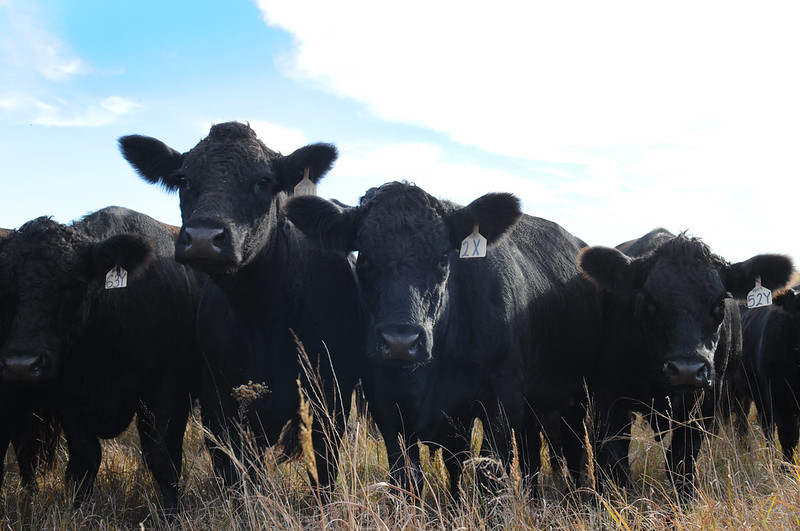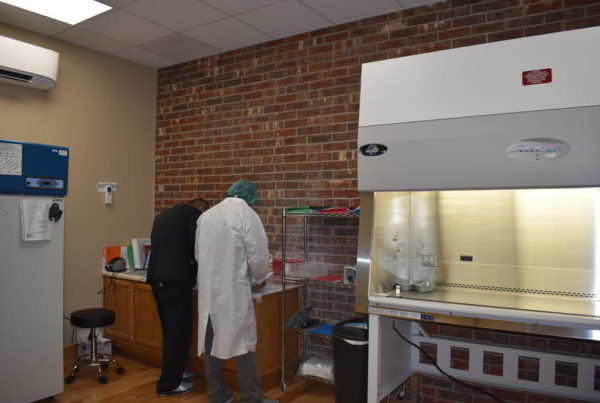Few things are as inexorably tied to the idea of Texas in the popular imagination as cattle ranching. Beef is something of a centerpiece around which all kinds of Texan dishes revolve – whether you’re craving smoked brisket, chicken fried steak, chili con carne, or just a good old-fashioned hamburger.
But another “beef” is taking shape between Texas A&M and Harvard University, with each accusing the other of conflict of interest when it comes to research about red meat in the American diet, and whether beef consumption is linked to heart disease and cancer.
It started with a study published in the Annals of Internal Medicine last year.
“[The study] sort of sought to upend the consensus around the idea that there’s a proven link between excess consumption of red meat and heart disease and cancer,” said Jason Heid, senior editor at Texas Monthly, who has been covering the spat. “Texas A&M became part of that because the lead author of the study, named Bradley Johnston, was, at the time, being recruited by Texas A&M to come work there, and had received funding from Texas A&M’s AgriLife.”
One of the main critics of that study was Walter Willett, who serves as professor of epidemiology and nutrition at Harvard. Willett accused Texas A&M AgriLife Extension of being part of a “disinformation triangle” because it had accepted money from the beef industry, implying that studies from AgriLife couldn’t be trusted because of its financial ties to the beef industry. Texas A&M Chancellor John Sharp refuted Willett’s claim back in January in a letter to Harvard, saying, “I can assure you that Texas A&M’s research is driven by science. Period.”
But Heid also said that accusations of conflict of interest come from both sides. That’s because both universities have accepted money from industry for nutrition research – it’s sort of unavoidable when there’s limited money to conduct their studies.
“They will point out to you that Walter Willett and other critics at Harvard don’t always disclose that they take money themselves from some plant-based industries and interests,” Heid said. “Its hard for the researches in these nutrition sciences not to accept some funding from these industries because there is a limit to how much government and academic sources have available to them. And some of these industries have real problems that they want nutrition scientist and other scientists to look into, and are willing to share the money to do that.”
Ultimately, though, the conflict may be rooted partly in the universities’ diverging approaches and goals when addressing issues related to nutrition.
“A&M, as they will tell you, is what’s known as a land grant university. It’s part of their charter to not only seek out answers to academic questions, but to work on behalf of industry to solve problems,” Heid said. “Harvard is not a land grant university, and the critics that are arguing there are nutrition scientists. And their interest is just looking at the health effects of diet on individuals. So they are just coming at the question from a very different angle.”














